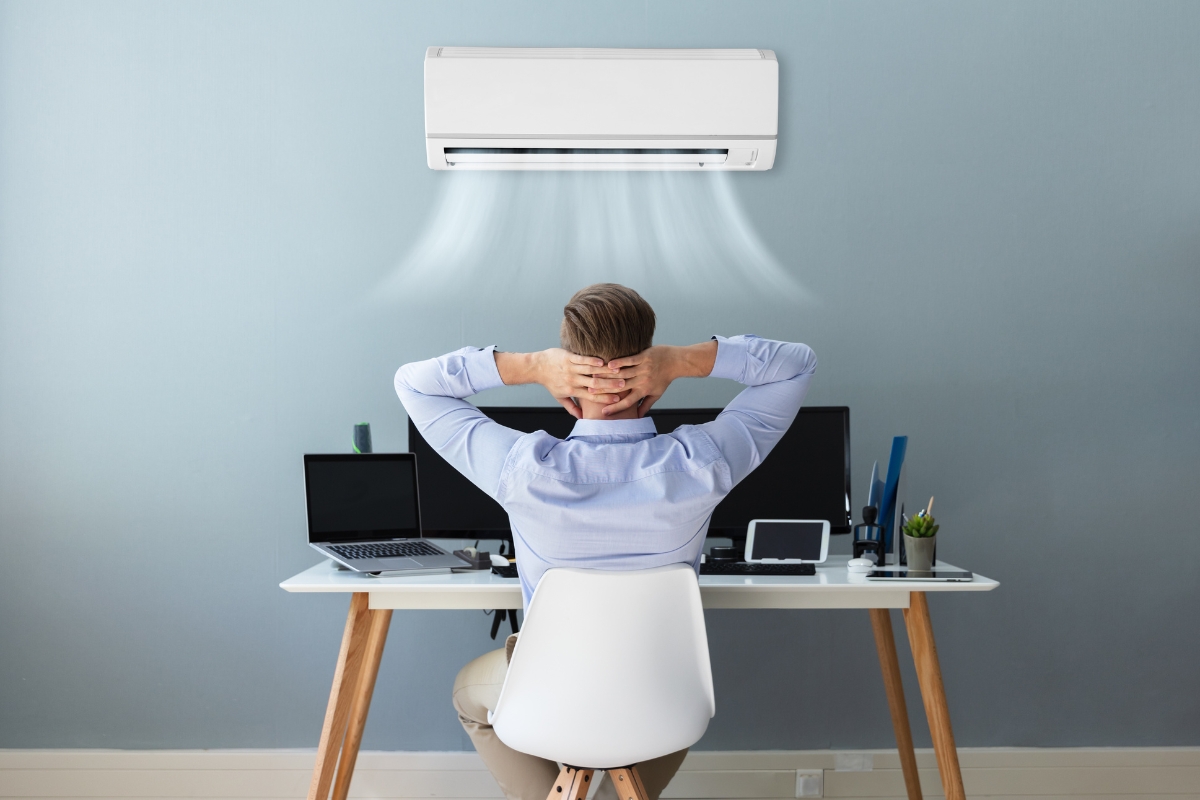Getting a good night’s sleep is essential to maintaining both mental and physical health. However, not getting the recommended 7 to 9 hours of sleep each night can do more than just leave you feeling tired and irritable. Prolonged sleep deprivation can lead to serious health issues that affect multiple systems in the body, ranging from your brain to your heart. This article explores the harmful effects of sleep deprivation and provides treatment options to restore your sleep patterns.
Effects of Sleep Deprivation on the Body
1. Central Nervous System
Sleep plays a vital role in how your brain processes information and performs its functions. During sleep, your brain forms pathways between neurons to help you retain new information. Without adequate rest, your brain becomes exhausted, making it difficult to concentrate, learn new things, or make decisions. Sleep deprivation can also lead to delayed response times and coordination issues, increasing the likelihood of accidents.
In severe cases, ongoing sleep deprivation can trigger hallucinations or symptoms of mental health disorders such as anxiety, depression, or even paranoia. Episodes of microsleep — brief moments of unintentional sleep — can occur during the day, putting you at risk, especially while driving or operating heavy machinery.
2. Immune System
Sleep is crucial for your immune system to produce infection-fighting antibodies and cytokines. These substances help protect your body from illnesses and infections. When sleep is disrupted, your immune system’s ability to ward off invaders like bacteria and viruses weakens, making you more susceptible to infections such as the common cold and flu. Over time, this can also increase your risk of developing chronic illnesses like diabetes and heart disease.
3. Respiratory System
Sleep and your respiratory system are closely connected. Conditions like obstructive sleep apnea (OSA), where your breathing is interrupted during sleep, can lower the quality of your rest, leading to sleep deprivation. This makes you more prone to respiratory infections and can worsen chronic conditions like lung disease.
4. Digestive System
Sleep deprivation is a major risk factor for weight gain and obesity. It disrupts the hormones that regulate hunger and satiety, causing your body to produce less leptin (which signals fullness) and more ghrelin (which stimulates appetite). As a result, you’re more likely to overeat, especially during the night. Additionally, sleep deprivation can leave you feeling too tired to exercise, leading to weight gain over time.
Lack of sleep also affects your body’s ability to manage blood sugar, increasing insulin resistance, and raising your risk of diabetes.
Also Read: Zomato Raises Platform Fee to ₹10 During Festive Season Surge
5. Cardiovascular System
Sleep is essential for heart health. It affects blood pressure, inflammation, and your body’s ability to repair and maintain blood vessels. Chronic sleep deprivation has been linked to an increased risk of cardiovascular diseases, including heart attacks and strokes.
6. Endocrine System
Sleep is key for hormone production. For example, testosterone production requires at least three hours of uninterrupted sleep. A lack of sleep also disrupts the production of growth hormone, which is essential for muscle growth, cell repair, and overall physical development, particularly in children and adolescents.
Treatment for Sleep Deprivation
The primary treatment for sleep deprivation is to consistently get 7 to 9 hours of quality sleep each night. However, if you’ve experienced ongoing sleep deprivation, it may be difficult to reset your sleep schedule on your own. In such cases, consulting a doctor or sleep specialist can help diagnose and treat any underlying sleep disorders.
Common sleep disorders include:
- Obstructive Sleep Apnea (OSA): A condition where breathing repeatedly stops and starts during sleep.
- Narcolepsy: Sudden and uncontrollable episodes of deep sleep.
- Restless Leg Syndrome (RLS): Unpleasant sensations in the legs that cause an overwhelming urge to move them.
- Insomnia: Difficulty falling or staying asleep.
- Circadian Rhythm Disorders: Disruptions in your body’s internal clock that affect sleep-wake patterns.
Your doctor may recommend a sleep study, either at a formal sleep center or through at-home devices, to evaluate your sleep quality. Depending on the diagnosis, treatments may include medication or devices to improve breathing during sleep (such as CPAP machines for sleep apnea), which can help restore regular sleep patterns.
Conclusion
The long-term effects of sleep deprivation are not to be taken lightly. From impairing your cognitive function to increasing the risk of serious health conditions, inadequate sleep can have far-reaching consequences. If you are struggling to get enough sleep, consider seeking medical advice to identify any underlying conditions and take steps toward restoring your sleep health.
Sleep well, and your body will thank you!
Also Read: The Formation of Cyclone Dana: Understanding the Science Behind Tropical Cyclones











